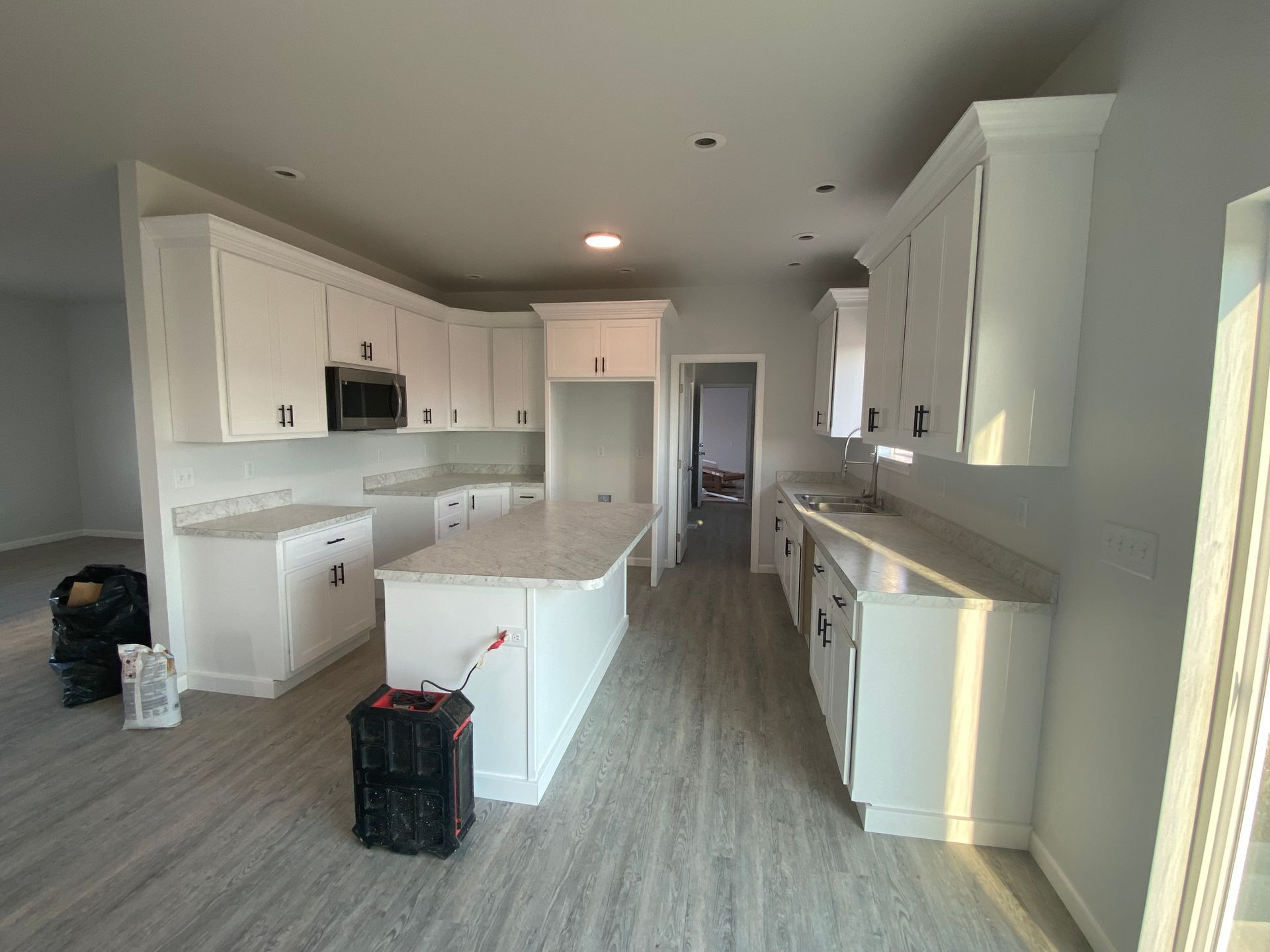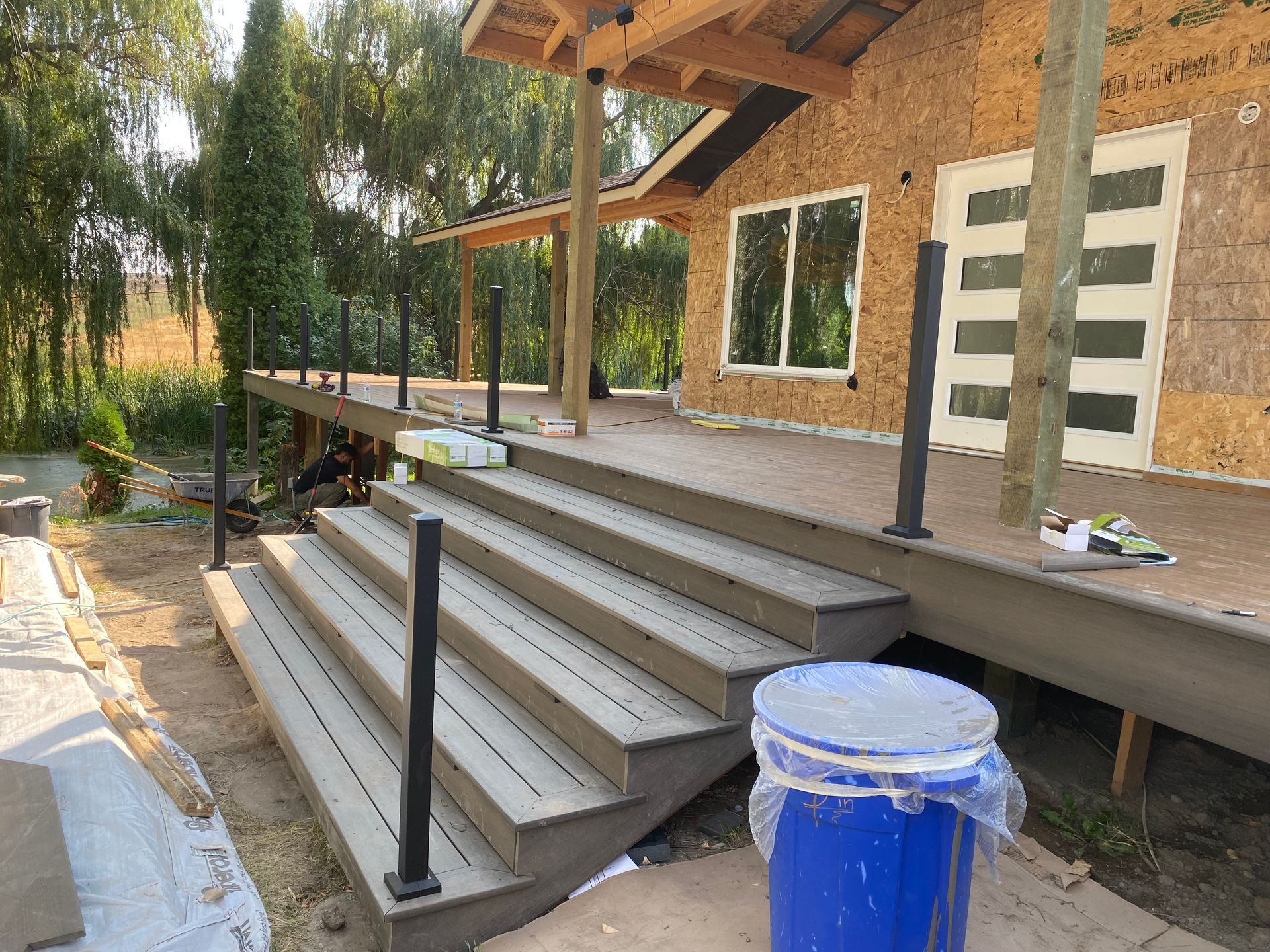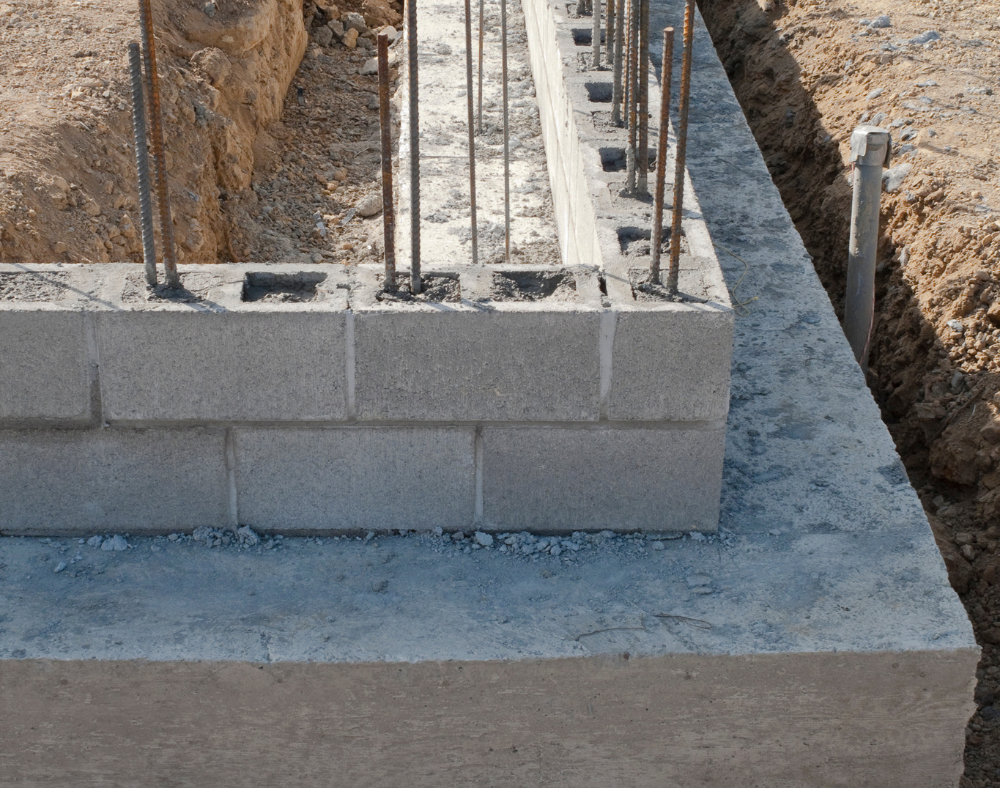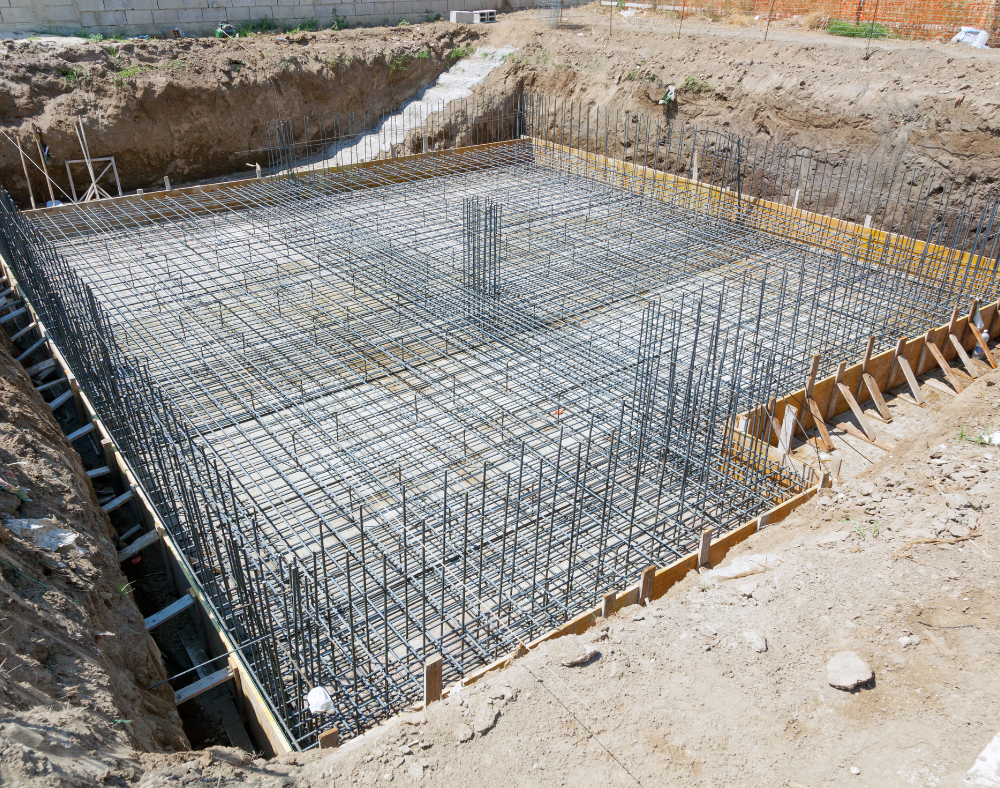Master the Challenges of Financing, Process, Location, and More with Expert Advice
Introduction
Embarking on a construction project can be both exciting and overwhelming. Whether you're building a new home, a commercial space, or undertaking a major renovation, the process involves numerous considerations and potential challenges. From financing difficulties to dealing with delays, understanding the complexities of construction is crucial for a successful project. In this blog post, we will address some of the most common questions and concerns related to construction projects. We'll cover financing issues, the lengthy and expensive nature of the process, location considerations, contract management, long-term planning, inspections, and potential delays. Additionally, we'll provide practical tips to help you navigate these challenges with confidence.
One of the biggest hurdles in any construction project is financing. Many people find themselves struggling to secure the necessary funds, which can delay or even derail their plans.
Understanding Financing Options
1. Overcoming Difficult Financing: How to Secure the Funds You Need
- Construction Loans
These are short-term loans specifically for financing the building of
a new property or major renovations. They typically have higher interest rates and require detailed project plans. Investopedia offers a detailed guide on construction loans.
- Home Equity Loans
If you already own a home, you might be able to use its equity to
finance your construction project. This option often has lower interest rates but requires you to leverage your current property.
- Personal Savings
Using personal savings can reduce the need for loans and interest
payments, but it requires careful budgeting and financial planning.
- Government Grants and Subsidies
Some local governments offer grants or subsidies
for certain types of construction projects, particularly those that focus on sustainability or community development. Check out USA.gov for more information on available grants
Tips for Securing Financing
1.Prepare a Detailed Project Plan:
Lenders require a comprehensive plan, including budget estimates and timelines.
2.Improve Your Credit Score:
A higher credit score can increase your chances of getting approved for a loan with favorable terms.
3.Consult with Financial Advisors:
Professional advice can help you choose the best financing option for your specific needs.
The construction process can be lengthy and costly. Understanding what to expect can help you manage your project more effectively.
2. Navigating the Long and Expensive Process: What to Expect
Typical Construction Timeline
- Pre-Construction Phase:
Includes planning, securing permits, and finalizing designs.
This phase can take several months.
- Construction Phase:
Actual building or renovation work. Depending on the project’s
scope, this phase can last from a few months to over a year.
- Post-Construction Phase:
Includes inspections, final touches, and addressing any issues
that arise. This phase can take a few additional weeks.
Managing Costs
- Budgeting:
Create a detailed budget that includes all potential costs, including materials, labor, permits, and unexpected expenses. Forbes provides tips on effective budgeting for construction projects.
- Contingency Fund:
Set aside a contingency fund (typically 10-15% of the total budget)
for unforeseen expenses.
The location of your construction project can significantly impact its success. Factors such as soil quality, accessibility, and local regulations must be considered.
3. Location Considerations: Choosing the Right Spot for Your Project
Key Location Factors
- Soil Quality:
Conduct a soil test to ensure it can support the structure you plan to build. The Balance Small Business offers information on soil testing for construction.
- Zoning Laws:
Ensure the location complies with local zoning regulations and land-use
plans. Visit Zoning Laws for detailed information.
- Accessibility:
Consider the ease of access for construction equipment and future occupants.
Contracts are a critical part of any construction project. They define the scope of work, timelines, and payment terms.
4. Managing Contracts: Ensuring a Smooth Agreement
What to Include in a Construction Contract
- Scope of Work:
Clearly define the work to be completed, including materials and finishes.
- Timeline:
Set specific deadlines for each phase of the project.
- Payment Terms:
Outline payment schedules and conditions for additional costs.
- Warranties and Guarantees:
Include any warranties for work completed and materials used.
Tips for Contract Management
- Consult with a Lawyer:
Have a legal professional review the contract to ensure all terms
are fair and legally binding.
- Maintain Clear Communication
Regular updates and meetings can help prevent
misunderstandings and disputes.
5. Long-Term Thinking: Planning for the Future
Construction projects should be approached with a long-term perspective. Consider how your choices will impact the property's value and usability over time.
Factors to Consider
- Future Expansion:
Plan for potential future expansions or modifications.
- Energy Efficiency:
Invest in energy-efficient materials and systems to reduce long-term operating costs. Energy.gov provides tips on improving energy efficiency in homes and buildings.
- Maintenance Needs:
Choose materials and designs that will be easy to maintain and
repair.
6. Handling Inspections and Delays: What to Know
Inspections are crucial for ensuring that construction work meets safety and quality standards. Delays are also common and can be caused by various factors
Understanding Inspections
- Types of Inspections:
Different phases of construction require different inspections, including foundation, framing, and final inspections. The Spruce offers an overview of the inspection process.
- Preparing for Inspections:
Ensure that all work is completed according to code and that
all necessary documentation is available for review.
Dealing with Delays
- Common Causes
Delays can be caused by weather, supply chain issues, or labor
shortages. Builder Magazine discusses common causes and solutions for construction delays.
- Mitigation Strategies
Plan for potential delays by building flexibility into your timeline
and budget. Communicate regularly with your contractor to address issues as they arise.
7. Pro Tips for a Successful Construction Project
1. Hire Experienced Professionals:
Work with reputable contractors, architects, and project managers who have a proven track record.
2. Stay Informed:
Educate yourself about the construction process and industry standards to make informed decisions.
3. Document Everything:
Keep detailed records of all agreements, changes, and
communications related to the project.
Conclusion
Navigating the complexities of a construction project requires careful planning, clear
communication, and a thorough understanding of potential challenges. By addressing common concerns such as financing, the lengthy process, location, contracts, long-term planning, inspections, and delays, you can better prepare yourself for a successful project.
Armed with the right knowledge and pro tips, you’ll be well-equipped to handle the intricacies of construction and bring your vision to life.
Additional Resources:
1.
Investopedia: Construction Loans
3. Forbes: Budgeting for Construction
4. The Balance Small Business: Soil Testing
5. Builder Magazine: Construction Delays
6. Energy.gov: Improving Energy Efficiency
7. The Spruce: Construction Inspections
By following these guidelines and utilizing these resources, you can navigate the complexities of
